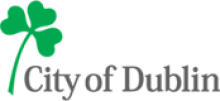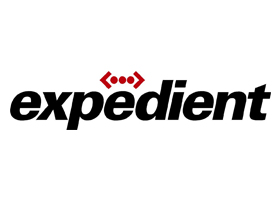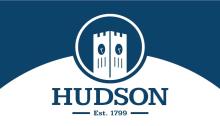
The Columbus, Ohio suburb of Dublin is home to Dublink, a fiber-optic network that serves local businesses, schools, and community anchor institutions. Dublink brought new jobs and research opportunities to the local economy while saving local institutions hundreds of thousands of dollars per year.
Just recently, Dublin City School District and City of Dublin struck a deal to allow public schools to use the network. Now, residents want Dublink to deliver high-speed access to their homes.
Residents Want The Benefits, Too
This spring, Dublin residents expressed their discontent with incumbent Internet service providers (ISPs) Charter Communications and AT&T at two packed meetings. Doug McCollough, Dublin’s Chief Information Officer (CIO) summarized local sentiments in a memo to the City Council in April. In the memo and in a Columbus Business First article, McCollough downplayed the idea that the city would operate a network itself, but noted a growing impatience in his community:
"We are a city and should not be competing against telecom carriers, (but) the patience for that message is running out. Our residents want broadband service in their home for a reasonable price – now."
Extensive, compelling public discussions on the social network Nextdoor and in an online forum facilitated by resident group Dublin Broadband encouraged city officials to take up the issue at a larger public meeting in April. Community enthusiasm led to the addition of three more meetings in July, August, and September. The next step will be to survey residential Internet needs and to gather information from the Department of Commerce and incumbent ISPs.
Research & Deployment
Dublink started as a public private partnership to lay conduit in 1999. It originally connected 6 city buildings and the business district. Over the past 17 years, the network was crucial to attracting economic development to the region, as we wrote two years ago. A $1.1 billion Amazon data center, a new Costco Wholesale store, and numerous healthcare employers invested in Dublin in part because of its fiber-optic network.
In 2005, Dublink began to collaborate with Ohio Academic Research Network (OARnet) to create the Central Ohio Research Network (CORN). The effort connects Dublink with over 1,600 miles of fiber-optic cable linking the region’s top academic research institutions. We wrote about the project last December, when Dublink upgraded speeds on its network to match OARnet’s 100 Gbps speeds (100,000 Megabits per second).
Dublin City Manager Dana McDaniel foresees further economic development success, particularly in the West Innovation District,
"We're starting to see those anchor tenants come to fruition. It's heavy in the health arena, information technology and R&D, so it's a great start. I would say it's probably only 25 percent built out so we have a lot of capacity out there."

Expedient, a network and data center operator, is currently forming an agreement with the city to lease fiber access and bring additional revenue to the city. Expedient’s CEO tied their decision directly to Dublink, "Because of the Dublink connection, we think that we will be able to grow our business faster and more successfully in Dublin.”
Local officials are optimistic that all this tech development will spill into the local economy. McDaniel told Columbus Business First, "You drive into these big office parks and you have not place to get lunch and the services you need."
Development Drives City Savings and Revenues
The city eliminated leased lines to switch to Dublink and saved over $4.8 million during the first 12 years.
This year, the City Council decided to turn extra capacity into revenue; a May resolution makes additional dark fiber available for lease, estimated to deliver more than $5.4 million in revenue to the city in the coming decade. A recent Dublin Villager story highlighted the decision:
“A resolution City Council approved May 9 increases the number of optical fiber pairs the city is authorized to offer for lease from 9 to 15 pairs, generating an estimated $525,000 per year in non-taxable revenue, or a total of more than $5.4 million over 10 years with the inclusion of expired leases.”







